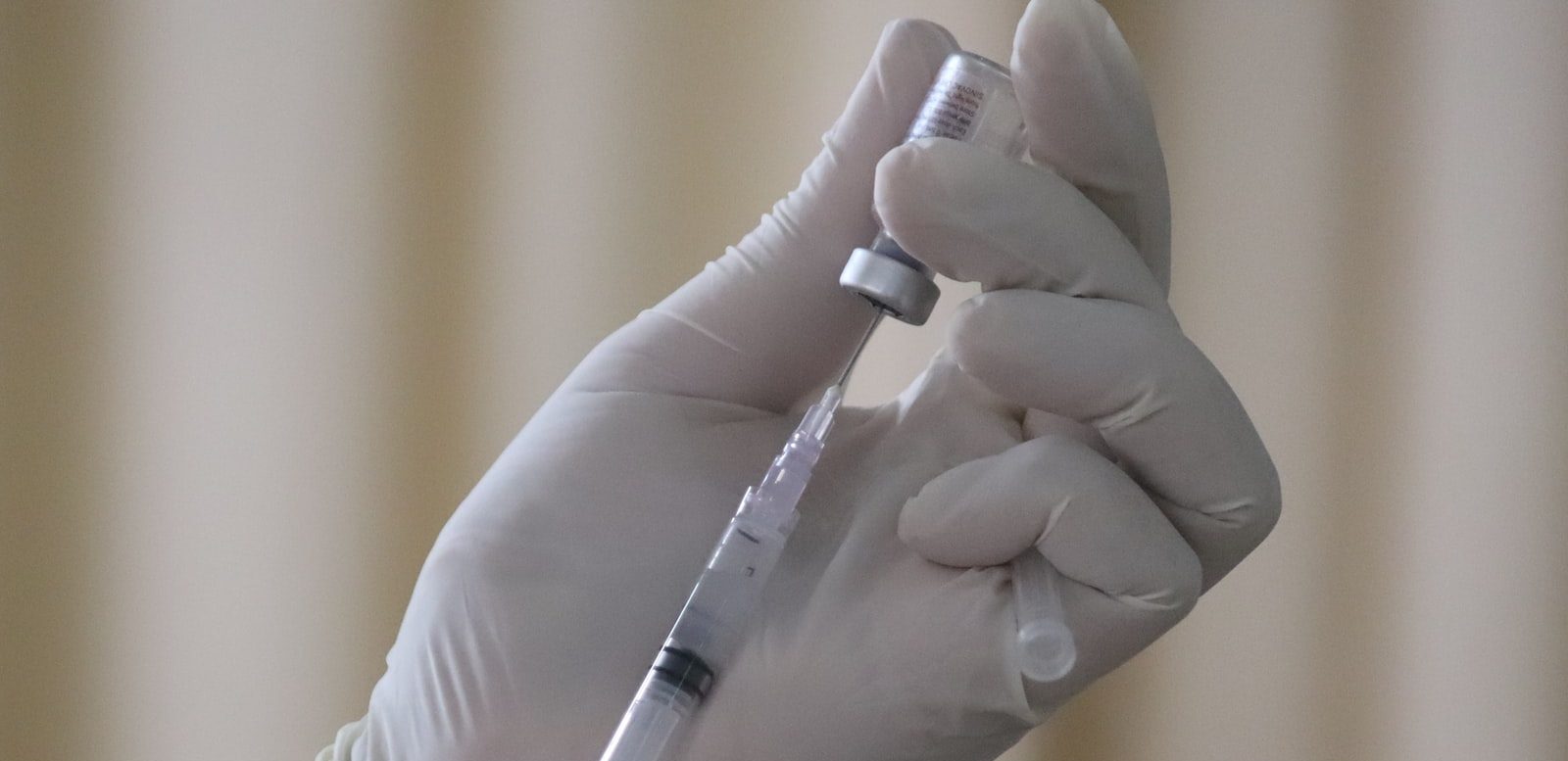COVID Vaccines: Do We Need a Booster Dose Now?
After a review of the scientific evidence, the GCMSC concludes that, at this timepoint, there is no evidence supporting the need of a booster dose in the general population
16.09.2021
The wave of new cases caused by the SARS-CoV-2 Delta variant has led different high-income countries to raise the possibility of offering booster shots to the fully vaccinated population. Following a review of the currently available scientific evidence, the Multidisciplinary Collaborative Group for the Scientific Monitoring of COVID-19 (GCMSC) has concluded that there is no evidence for the need of a booster dose in the general population at this timepoint.
“From the immunological point of view, all studies to date indicate that the COVID-19 vaccines currently approved by the European Medicines Agency induce a long-lasting immune response. While the protection against infection by Delta has declined, the vaccines remain highly protective against severe disease and death,” underlines Juliá Blanco, researcher at IrsiCaixa/IGTP and leading author of the document signed by the group. However, as the GCMSC points out, there are some exceptions.
Immunosuppressed patients need an additional dose
There is solid evidence supporting an additional dose among some groups of immunosuppressed patients, in order to achieve immune levels comparable to those observed in the general population. Therefore, in this case, the “third dose” should be considered as part of the vaccine schedule, as already is the case for some other vaccines, and not as a booster dose. Spain, as other countries, has already started offering third doses of mRNA vaccines to this specific population (patients with solid organ transplants, treated neoplasms, and individuals with advanced HIV infection). In Catalonia, this group of individuals represents around 0.5% of the population (approximately 40,000 individuals).
Some groups may need a booster dose in the near future
The elderly (particularly those aged above 80 and did were not previously infected) develop a lower immune response to vaccination, and some recent data suggest that the risk of infection and severe COVID in fully vaccinated people is higher among older people with frail health conditions. Therefore, it is likely that this population will require a booster dose that could be offered, for example, during the flu vaccination campaign this coming winter. It is crucial to collect more data to establish clear age and frailty criteria.
Other specific groups require close monitoring due to their higher exposure to the virus. Such is the case of healthcare workers, with some studies that suggest an increase in the incidence of infections, most of them mild. It is still not clear how much of this increase is due to a possible loss of vaccine effectiveness and how much is due to a higher circulation of the highly transmissible Delta variant in the community and the easing of non-pharmaceutical measures.
“In any case, it is crucial that we establish the mechanisms to closely monitor breakthrough infections among vulnerable populations as well as in the general population,” says Silvia de Sanjosé, chair of the GCMSC. These data will be very useful to decide whether and when a booster dose will be needed.
Reference
Statement on the third dose of COVID-19 vaccines (16/09/2021)



